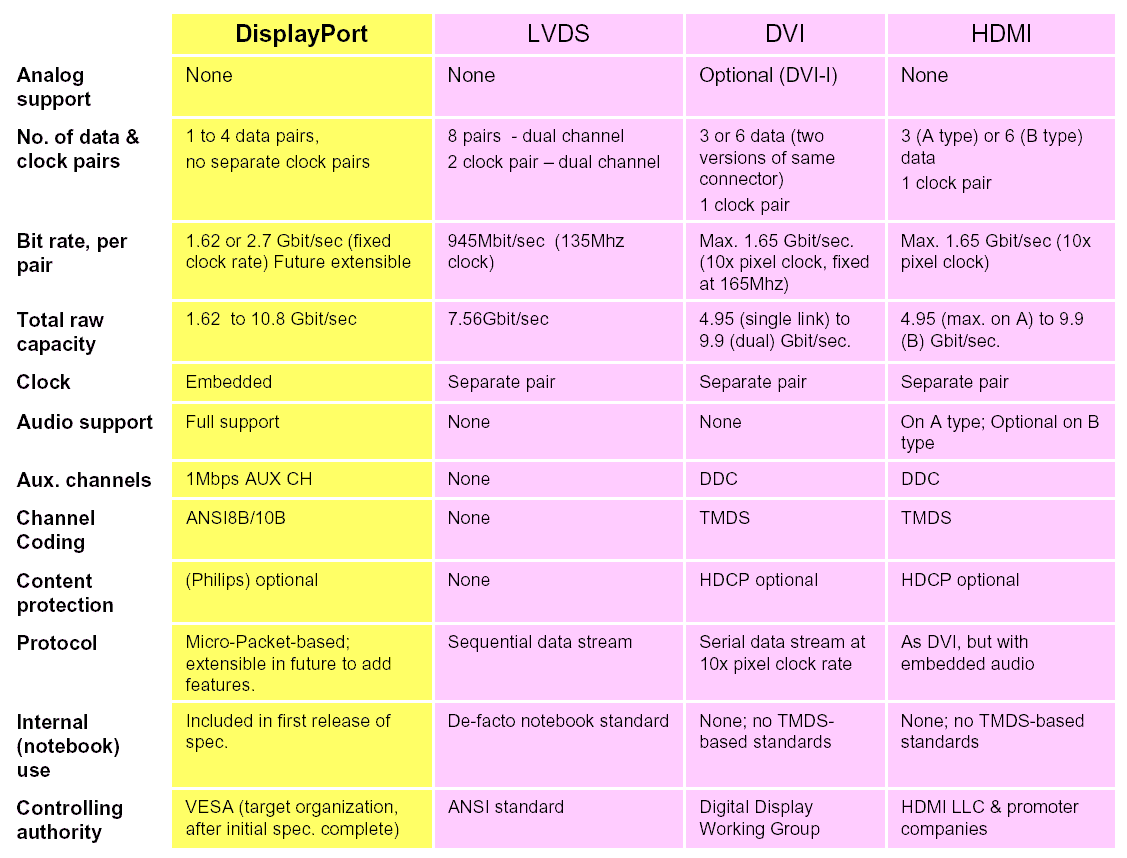Technology Revolutionizes B2B Food Trading
페이지 정보

본문

In recent years, the way B2B food transactions are conducted has undergone a major shift. Gone are the days of relying on outdated methods, phone calls, and paper documents. The rise of innovation has transformed the way of the B2B food industry, streamlining transactions, enhancing productivity, and improving customer satisfaction.
One of the key areas where technology has had a profound influence is in the automation of order management processes. With the help of enterprise resource planning (ERP) systems, businesses can now automate routine tasks electronically. This has resulted in fewer mistakes, enhanced efficiency, and increased customer delight.
Another area where technology has had a major impact is in the food purchasing system. Online platforms have allowed buyers to compare prices from a wide range of suppliers, compare prices, and negotiate contracts. This has allowed businesses to optimize their purchasing process, reduced costs, and enhanced financial performance.
The analysis of business data has also become increasingly important in B2B food transactions. By processing large amounts of data, businesses can obtain crucial information into customer behavior, market trends, and supply chain operations. This insights can be used to optimise supply chain operations, streamline business processes, and identify areas for improvement.
Digital payment systems have also made it easier for businesses to conduct transactions electronically. This has eliminated the need for paper transactions, making it easier to manage financial transactions. Additionally, digital payment solutions offer improved security features, such as advanced security protocols, which help keep transactions secure.
In addition to these perks, technology has also optimized supply chain performance. With the help of supply chain management software, businesses can now monitor shipments and delivery times, monitor shipments, and manage supply chain performance in real-time. This has resulted in shorter delivery times, improved on-time delivery rates, and increased customer loyalty.
Finally, technology has made it easier for businesses to communicate with each other. Advanced digital tools have enabled businesses to collaborate with suppliers, buyers, and other stakeholders in real-time. This has reduced errors, fewer mistakes, and enhanced the overall experience.
In summary, technology has played a crucial role in streamlining B2B food transactions. From streamlining business processes to optimizing logistics, technology has boosted productivity, reduced costs, and hsc plus molykote improved customer satisfaction.
The integration of digital tools in B2B food transactions has also helped minimize the industry's environmental impact. By eliminating unnecessary waste, technology has helped to minimize waste. Additionally, the application of digital tools for communication has reduced the need for physical meetings and travel, further hastening sustainable practices.
Overall, the integration of technology in B2B food transactions has been a game-changer for the industry. As technology continues to evolve and improve, it will be intriguing to see the impact of the future of food trading.
- 이전글사업자작대업체? 카/텔 TOP8285 연체자작업대출? 25.05.21
- 다음글부평노래방주대,O1O=5950=2438,신중동노래방 부평노래방 신중동가라오케 25.05.21
댓글목록
등록된 댓글이 없습니다.







